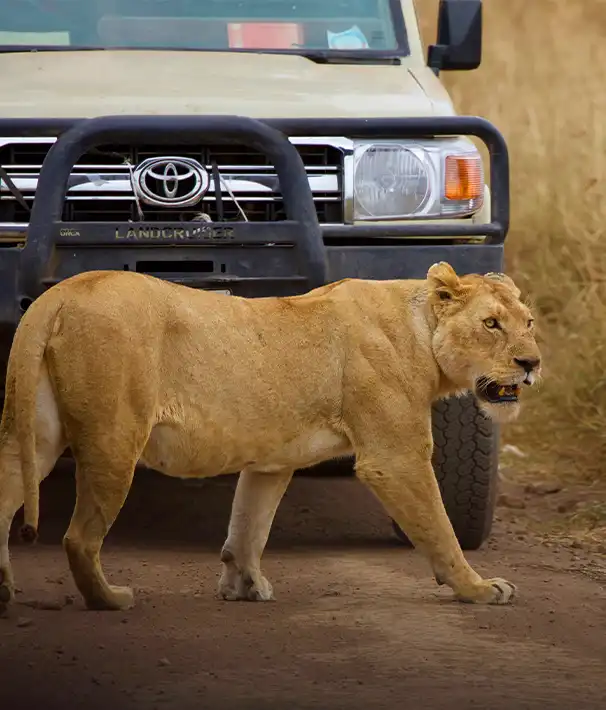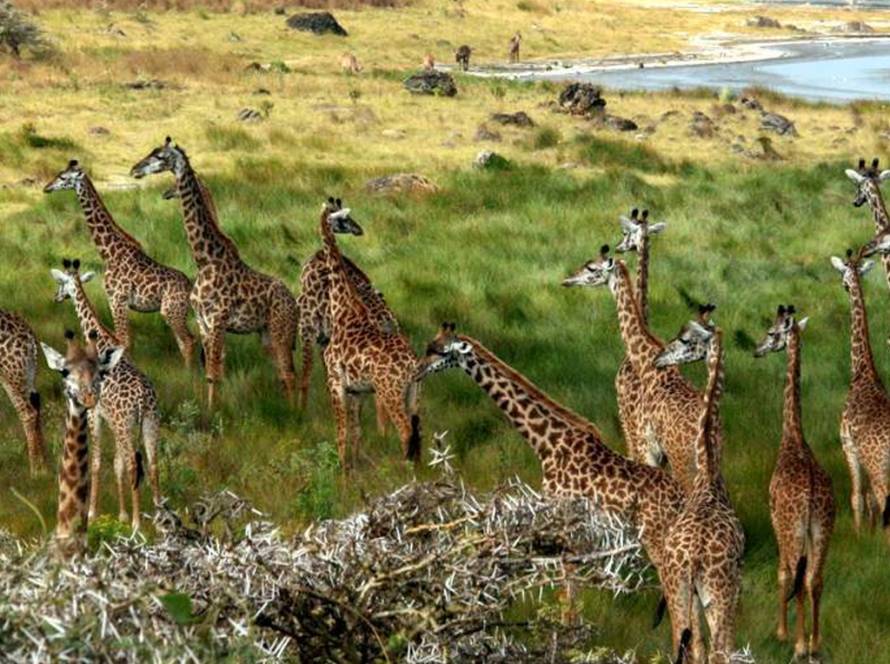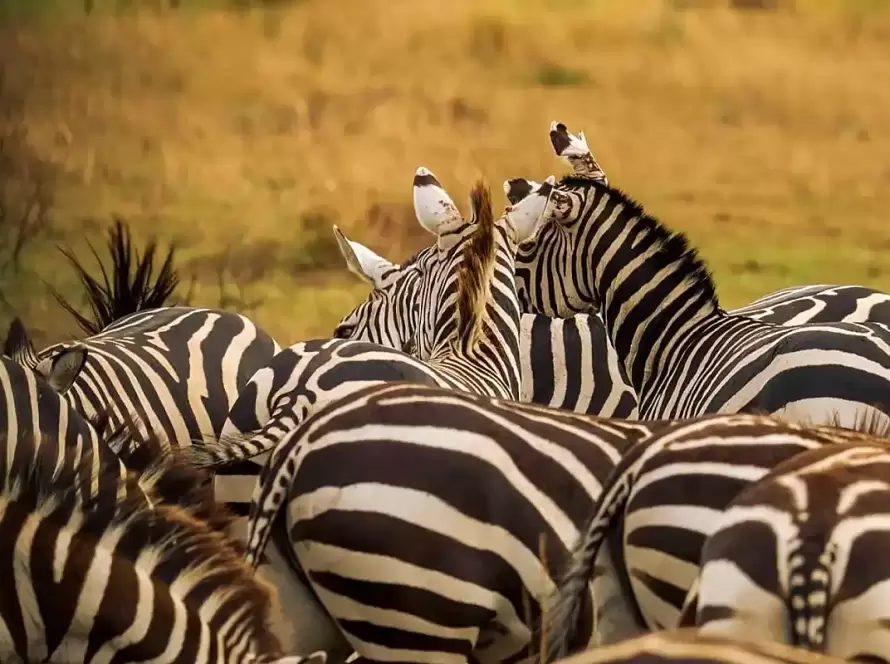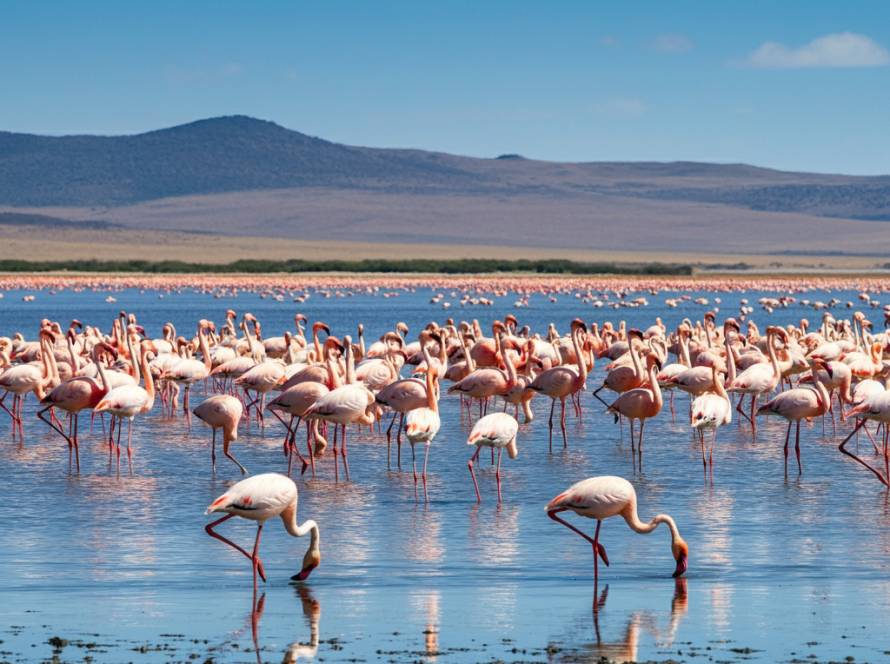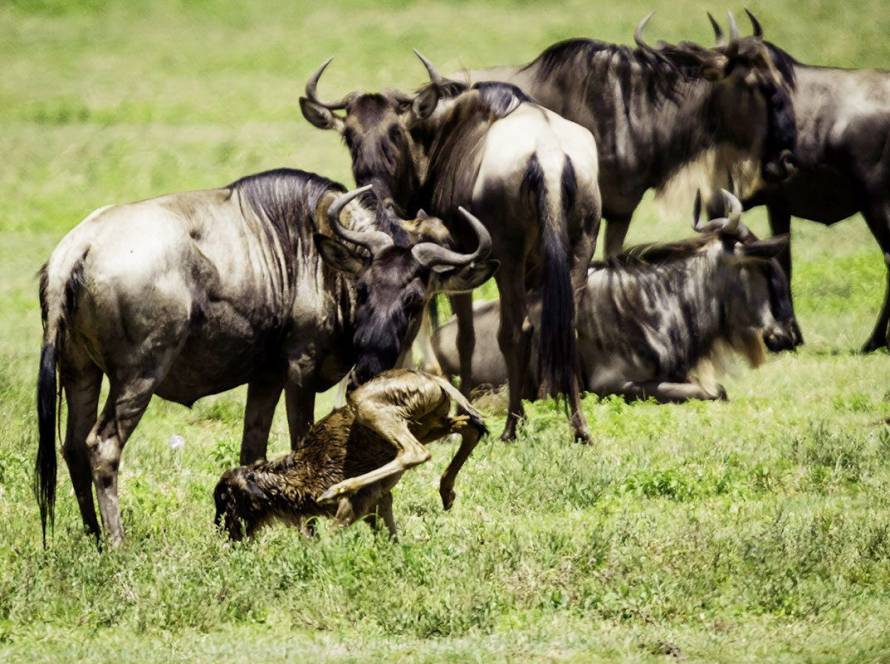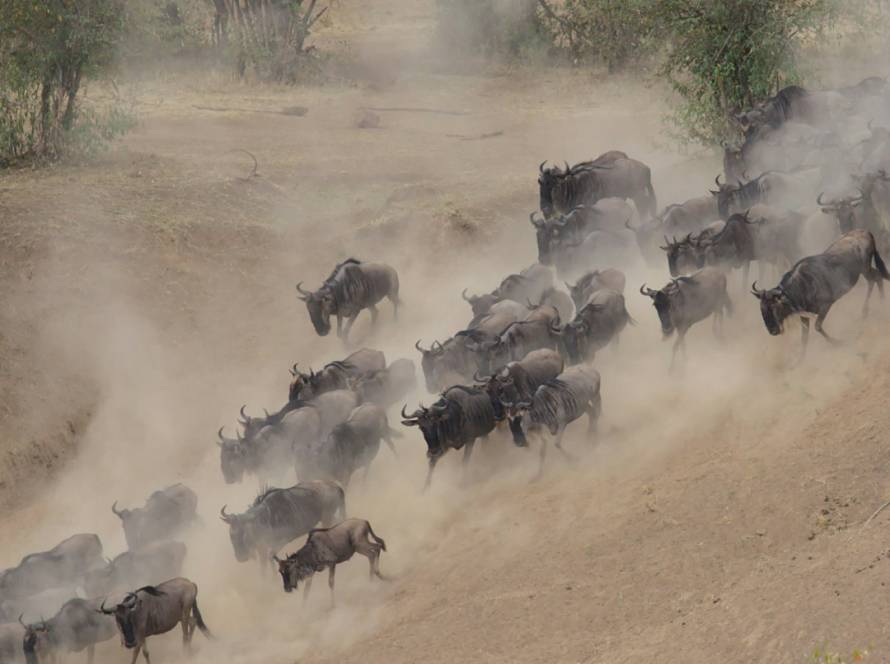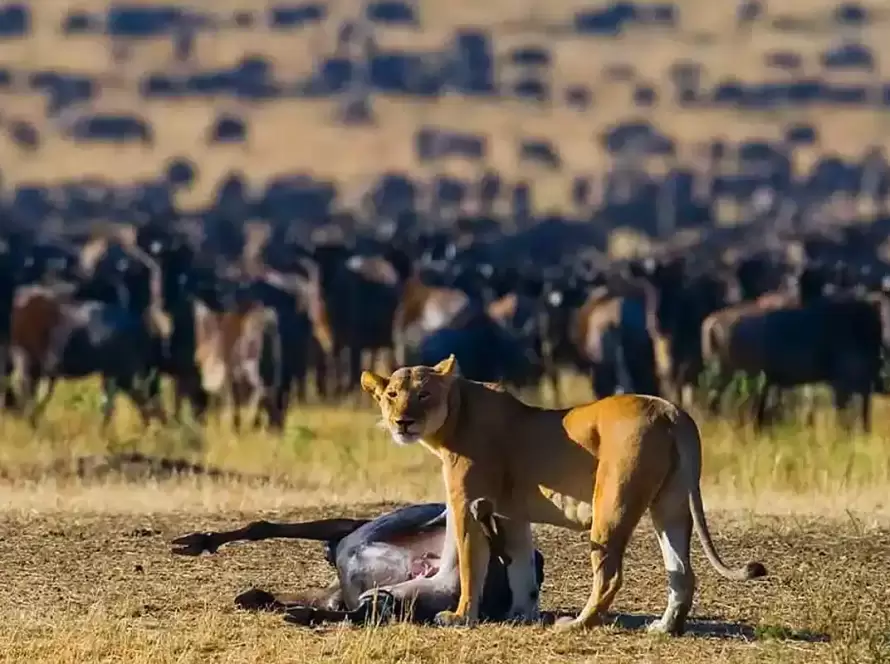What To Take on a Tanzania safari
What to Take on a Tanzania Safari: Complete Packing List for an Unforgettable Adventure
So, you’ve booked your dream safari in Tanzania. Maybe you’re envisioning lions lazing under acacia trees, elephants crossing dusty roads, and starry nights in the Serengeti. But before all that magic happens, you’ve got to face the not-so-glamorous task of packing.
Don’t sweat it—we’ve got you covered with the ultimate guide on what to take on a Tanzania safari. From practical essentials to little luxuries that make all the difference, this guide will help you pack smart and travel light.
Safari Packing Basics: Know Before You Go
First off, safaris in Tanzania typically involve light aircraft flights, which means strict luggage limits. Most flights allow soft-sided duffel bags only and often limit baggage to 15–20 kg (33–44 lbs) including hand luggage. Packing light is not just a suggestion. It’s a necessity.
Also, safari vehicles usually don’t have much storage space. So, whatever you bring should be functional, compact, and easy to stow.
Clothing: What to Wear on Safari in Tanzania
When you’re out in the bush, what you wear really matters. Think breathable, comfortable, and neutral colors that blend in with the environment. Here’s what to include:
Tops:
2–3 lightweight long-sleeved shirts (for sun and mosquito protection)
2–3 short-sleeved t-shirts or moisture-wicking tops
1 warm fleece or sweater (it gets chilly during morning game drives)
1 lightweight waterproof jacket
Bottoms:
2–3 pairs of breathable pants (like cargo or hiking pants)
1 pair of shorts or zip-off convertible pants
1 pair of comfy pants or leggings for evenings at the lodge
Extras:
1 wide-brimmed hat or cap with neck flap
Underwear and sports bras (quick-dry fabric works best)
Swimsuit (many lodges have pools)
Pajamas or sleepwear
A buff or scarf (to protect your face from dust)
Neutral tones like khaki, olive, tan, and gray are ideal. Avoid bright colors like red or blue, which may attract wildlife, and steer clear of black and dark blue, which attract tsetse flies.
Footwear: Keep It Comfortable
You’ll spend a lot of time seated in a vehicle, but you’ll also walk around camps or go on guided bush walks.
1 pair of closed-toe hiking or walking shoes
1 pair of lightweight sandals or flip-flops (great for the camp or showers)
Comfortable socks (quick-dry or wool-blend)
Travel Gear and Safari Essentials
You don’t need to bring the kitchen sink, but you do need the right gear. Here are some things you’ll be glad you packed:
Daypack or small backpack
Soft-sided duffel bag (instead of a hard suitcase)
Binoculars (at least 8x magnification)
Headlamp or flashlight with extra batteries
Sunglasses (polarized are best)
Power bank or solar charger
Travel adapter (Tanzania uses Type D and G plugs, 230V)
Health and Safety Items
Staying healthy in the bush is just as important as spotting the Big Five.
Prescription medications (in original packaging)
Malaria prophylaxis (ask your doctor)
Sunscreen (high SPF and sweat-resistant)
Lip balm with SPF
Insect repellent (with DEET or picaridin)
Antihistamines and pain relievers
Electrolyte tablets or powder
Basic first aid kit (band-aids, antiseptic, tweezers)
Don’t forget travel insurance that covers emergency evacuation. Some safari areas are remote, and medical facilities may be hours away.
Important Documents and Travel Essentials
Keep these close and secured in a waterproof pouch or travel wallet.
Passport with at least six months’ validity
Visa (can be obtained online or upon arrival for most countries)
Travel insurance documents
Flight tickets and itinerary
Copies of important documents (digital and printed)
Emergency contact numbers
Yellow fever certificate (required if coming from or transiting through a yellow fever country)
Camera Gear and Electronics
Whether you’re a pro photographer or just snapping memories on your phone, good camera gear makes all the difference.
DSLR or mirrorless camera with zoom lens (200mm+ recommended)
Extra memory cards and batteries
Smartphone with plenty of storage
Lens cleaning cloth
Waterproof camera bag
Pro tip: Turn off flash and avoid loud shutter clicks to not disturb wildlife.
Optional Extras That Come in Handy
These aren’t must-haves, but they can make your safari a lot more comfortable.
Travel journal or notebook
Ziplock bags (for dust protection)
Dry bag for electronics
Lightweight travel towel
Snacks (granola bars, nuts, dried fruit)
Reusable water bottle with filter
Travel pillow and eye mask
Common Mistakes to Avoid
Here’s what to not do when packing for a Tanzania safari:
Overpacking clothes you won’t wear
Bringing hard-shell luggage
Forgetting to check luggage weight limits
Skipping sunscreen or insect repellent
Wearing bright colors that attract bugs or scare wildlife
Bringing a loud or overly flashy camera setup
Handy Safari Packing Checklist
Here’s your quick go-to list:
Lightweight clothing (neutral colors)
Warm jacket or fleece
Hat and sunglasses
Hiking shoes and sandals
Toiletries and meds
Passport, visa, and travel documents
Insect repellent and sunscreen
Binoculars and camera
Soft duffel bag and daypack
Water bottle and snacks
Top Tanzania Safari FAQ's
What is included in a Terra Safaris package?
Our packages typically include accommodations, guided game drives, park entry fees, and most meals. Detailed inclusions are provided with each itinerary.
Can I customize my safari itinerary?
Absolutely! We specialize in tailoring safaris to meet your specific interests, preferences, and travel dates.
Are safaris suitable for families with children?
Yes, we offer family-friendly safaris with age-appropriate activities, though some parks and camps may have minimum age requirements.
How safe is a Tanzania safari?
Safety is a top priority. With experienced guides and strict adherence to park rules, safaris with Terra Safaris are very safe.
What type of vehicles are used for the safaris?
We use specially modified 4×4 safari vehicles with open rooftops to ensure excellent wildlife viewing and comfort.
Do I need travel insurance for my safari?
Yes, we highly recommend purchasing comprehensive travel insurance that covers medical emergencies, trip cancellations, and personal belongings.
What vaccinations are recommended before traveling to Tanzania?
Commonly recommended vaccinations include Yellow Fever, Hepatitis A and B, Typhoid, and Tetanus. Always consult your healthcare provider for up-to-date advice.
